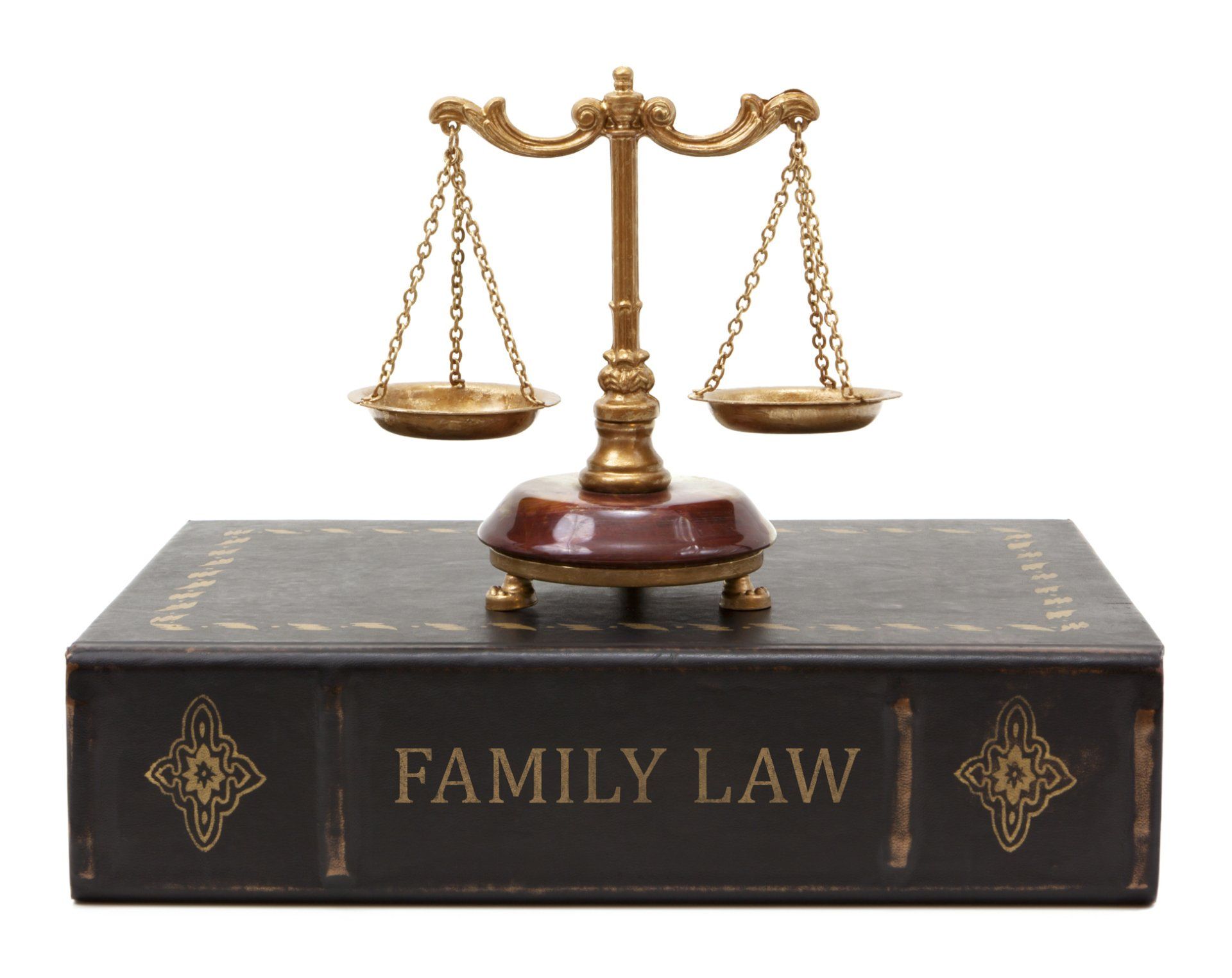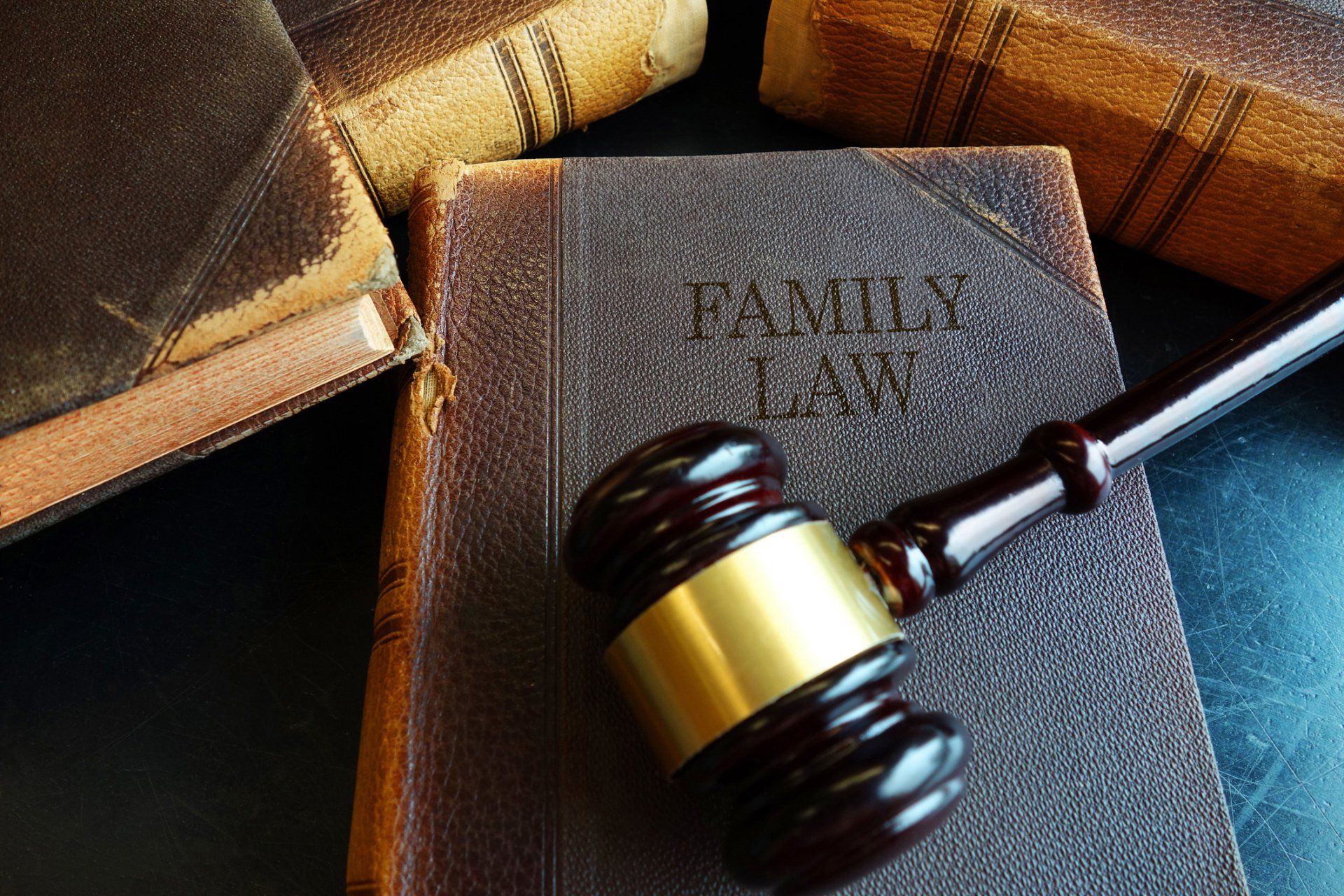Navigating Divorce in Wisconsin: A Comprehensive Guide
Introduction
Divorce is a challenging and emotionally taxing process, no matter where you live. If you're considering or going through a divorce in Wisconsin, it's essential to understand the state's specific laws and procedures. This comprehensive guide will help you navigate divorce in Wisconsin, providing you with information on important aspects such as grounds for divorce, property division, child custody, and more.
Grounds for Divorce
In Wisconsin, you can file for divorce based on no-fault grounds. No-fault divorce means that you and your spouse are separating due to irreconcilable differences and that you believe your marriage is irretrievably broken. This is a broad and non-specific reason, making it an easier option to pursue. If both parties agree, this can streamline the process significantly.
Residency Requirements
To file for divorce in Wisconsin, you or your spouse must be a resident of the state for at least six months. Additionally, you must reside in the county where you file for at least 30 days. Meeting these residency requirements is essential for initiating the divorce process in Wisconsin.
Property Division
Wisconsin is a community property state, which means that most assets and debts acquired during the marriage are considered marital property and are typically divided equally between both spouses. However, the court may deviate from a 50-50 split if there are valid reasons to do so. The Wisconsin statutes limit what factors the judge may consider.
Child Custody and Support
Child custody and support arrangements are critical considerations in any divorce involving children. In Wisconsin, the court aims to make decisions in the best interests of the child. Custody arrangements can be joint or sole, and they may involve legal custody (decision-making authority) and physical placement (residential placement). Child support is determined based on the Wisconsin child support guidelines.
Spousal Support
Spousal support, also known as maintenance, may be awarded based on several factors, including the length of the marriage, the financial circumstances of both spouses, and the contributions each spouse made during the marriage. The court will consider these factors when determining whether spousal support is necessary and in what amount and duration.
The Divorce Process
1. Filing the Petition: To start the divorce process, one spouse (the petitioner) files a divorce petition in the county where they meet the residency requirements.
2. Serving the Papers: After filing, the petitioner must serve divorce papers to the other spouse (the respondent), who has a specific amount of time to respond.
3. Temporary Orders: In some cases, the court may issue temporary orders regarding child custody, support, and spousal support until the divorce is finalized.
4. Negotiation or Trial: The spouses may try to negotiate a settlement or, if no agreement is reached, proceed to trial to have a judge make decisions on issues like property division, child custody, and support.
5. Final Judgment: Once the court issues a final judgment, the divorce is granted, and the terms of the divorce become legally binding.
Conclusion
Divorce in Wisconsin involves a series of legal procedures and considerations, and understanding the state's specific laws is essential. Whether you're dealing with property division, child custody, or support issues, it's crucial to consult with an experienced attorney to guide you through the process. Remember that every divorce is unique, and seeking professional advice tailored to your situation is key to achieving the best possible outcome during this challenging time.
Contact Kaminski & Pozorski, located in Manitowoc, WI today for a Free Consultation.
















